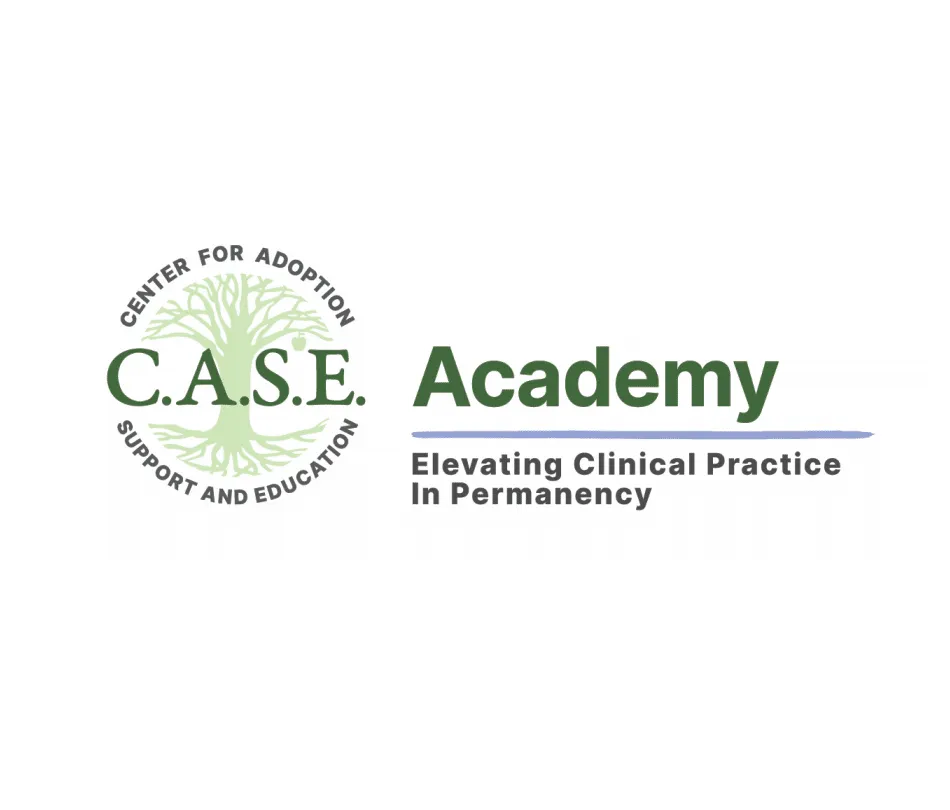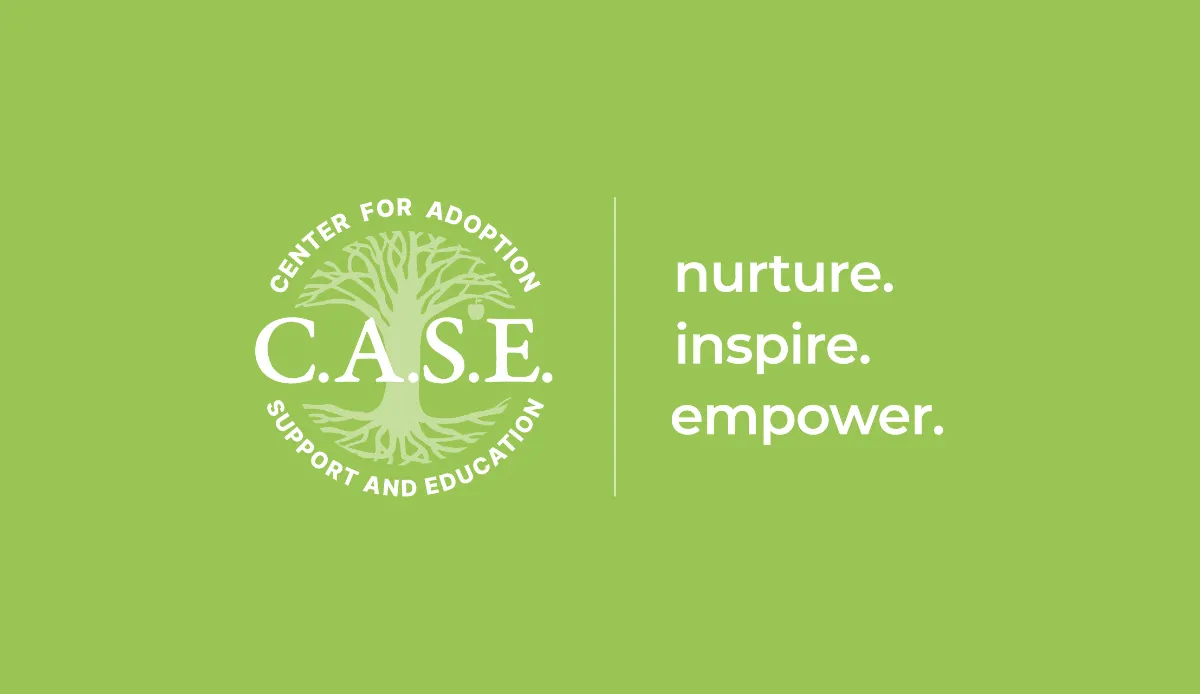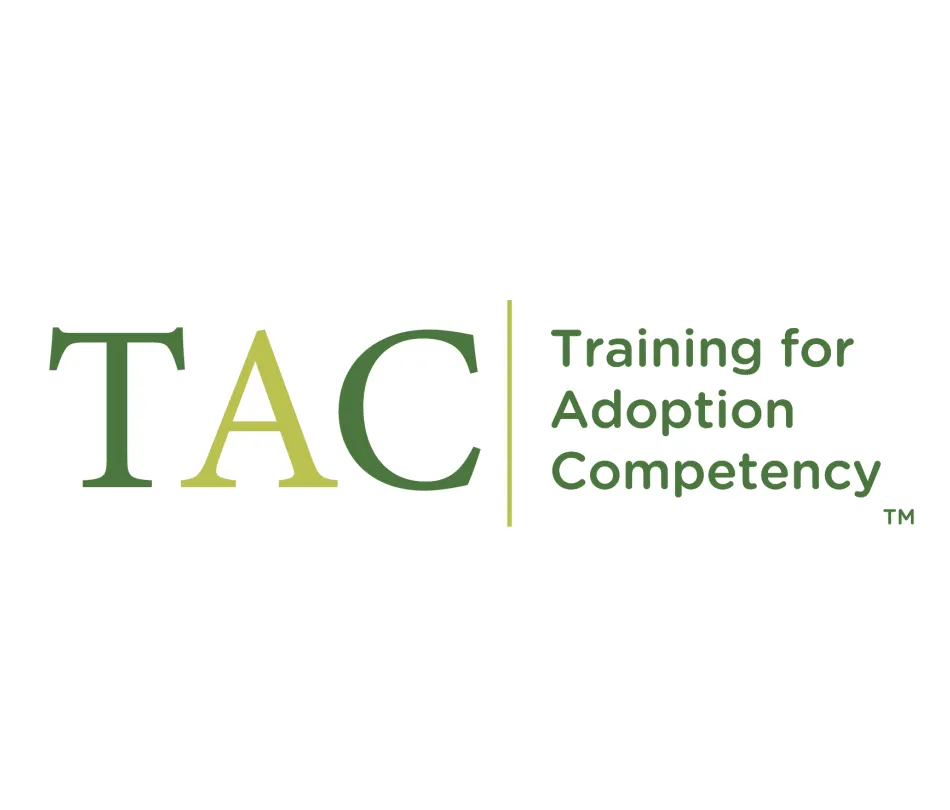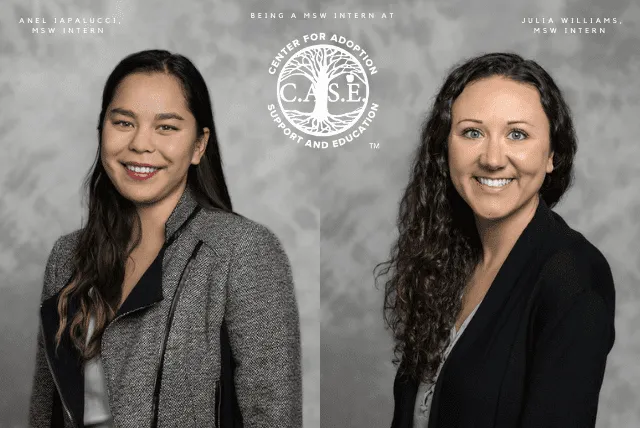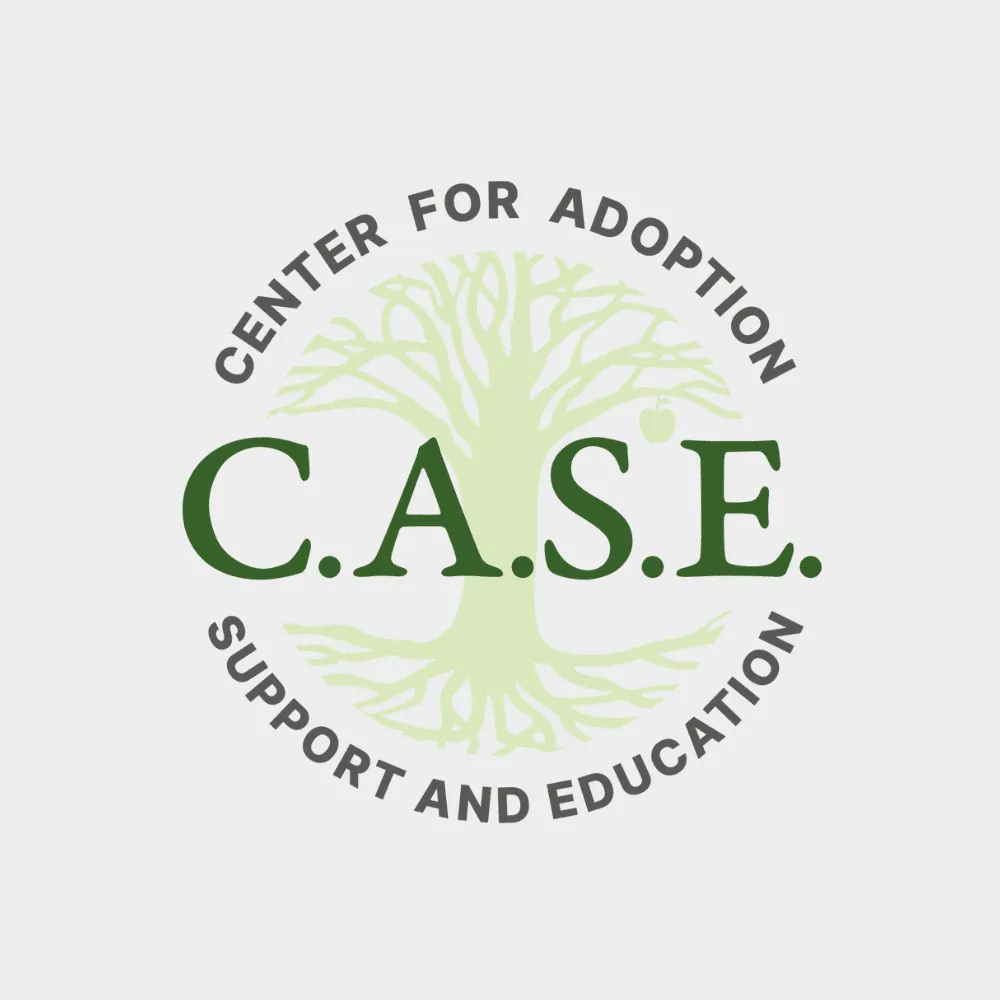When the Trauma Isn’t Obvious: PTSD and the Adoption Experience
When the Trauma Isn’t Obvious: PTSD and the Adoption Experience
When people hear “Post Traumatic Stress Disorder” or PTSD!, they often picture war veterans—those who’ve faced extraordinary loss and endured endless days of combat. While PTSD is a very real and common experience for many military folks, it is not the only cause or circumstance that can lead to a diagnosis.
PTSD can result from an experience that’s terrifying or deeply stressful. It’s characterized by symptoms like nightmares, flashbacks, increased anxiety, and continuous thoughts related to the traumatic experience. The symptomology must be experienced for more than a month to meet the diagnostic criteria.
Adoption and the Hidden Wounds of Trauma
In the adoption world, the impacts of traumatic experiences often show up in ways that aren’t immediately visible. While some adoptees have endured serious and obvious traumatic events like abuse or neglect, there are other traumatic experiences that can be harder to name.
When I work with adult adoptees!, I often hear painful stories that follow a similar pattern: someone came in the middle of the night, took them away, and suddenly they were with a new family as if nothing had happened.
Can you imagine waking up in a house you’ve never been in? Maybe the parents have a different background than you. Or their food feels unfamiliar. They have different rules. You may go back to your birth parents, or you may not. Sitting in that level of ambiguity would be overwhelming for anyone, let alone a child.
Always Bracing for the Worst
For those living with PTSD, there’s a constant sense of waiting for the other shoe to drop. Questions swirl: Is my place in this family permanent? Will there always be food on the table?
Even everyday experiences like a late school pickup or a familiar smell can trigger a traumatic reaction.

Building Trust and Safety Through Counseling
The good news is that healing is possible. Through counseling, the hope is that we can work with adoptive parents to build up trust and a sense of felt safety so that children know they will always be a part of their family.
They can trust that food will be on the table. If a parent is a little late for pick-up, that does not mean they’re never coming back. It’s all about creating healthy attachment and strengthening bonds between parents and children.
With adult adoptees, therapy can be a place to explore these traumatic experiences in a safe environment, and to reclaim control over their own stories. Many have spent their lives feeling powerless. Counseling can be the first place where they get to make their own choices and build healthy relationships.
Small Steps, Big Wins
Healing from PTSD—and building secure attachment— takes time, especially in adoption, foster care, and kinship communities, where people may not have the words to explain what they’ve experienced. I always encourage those I work with to celebrate small victories. They are indeed big deals!
If you suspect that you or your child may be living with post-traumatic stress disorder, we encourage and empower you to seek out an adoption-competent therapist—Someone trained to understand the complex layers of trauma and identity in the adoption journey.
You are not alone. And healing is possible.
Article References:
Adoption and Trauma: Risks, Recovery, and the Lived Experience of Adoption – PMC
Trauma – National Institute of Mental Health
Post-traumatic stress disorder (PTSD) – Symptoms and causes – Mayo Clinic


